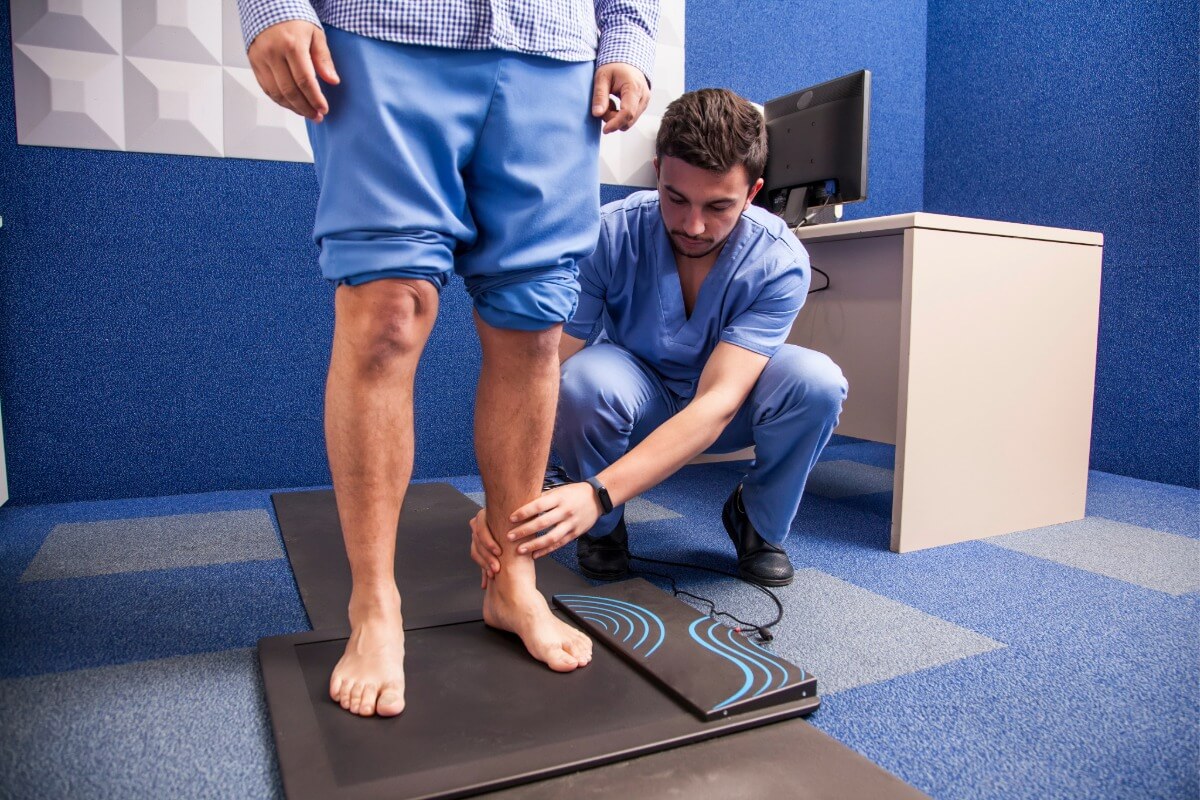Fungal Nail: Our Best Tips to Prevent Reinfection

It is hard to deal with a fungal infection once, but twice is worse! Fungal nails are not pretty to look at and can be painful as well. So, what is the best way to prevent reinfection?
How to Prevent Fungal Nails
Fungal infections are contagious, so you can get another one easily. To help prevent nail fungus, there are several things you can do. Take the following precautions to reduce your risk of getting another infection.
● Wear flip flops or shower sandals when walking in warm, moist areas like gyms, locker rooms, spas, public showers, and pools. This can prevent you from catching nail fungus and athlete’s foot.
● If you finished treating nail fungus, throw away shoes, boots, skates, and other footwear that you wore before you started treatment. The fungus can live in footwear, giving you another infection.
● Put on a clean pair of socks every day and whenever your socks get sweaty. This helps prevent fungi from growing. Wearing moisture-wicking socks can also help keep your feet dry.
● Wear shoes that:
○ Fit well (not tight)
○ Are made of leather, canvas, or mesh
○ Keep your feet dry and prevent overheating. (This helps prevent fungi from growing in your shoes.)
● Sprinkle antifungal powder in your shoes. This product cannot treat fungal nail infections. They can, however, help prevent fungus from growing in your shoes.
● Keep your nails short. When trimming your toenails, cut them straight across and keep your toenails shorter than the end of your toes. Fingernails should also be kept short. This helps prevent fungi and other germs from getting under your nails. It is also important to sanitize your nail clipper before using it.
● If you go to a salon for nail care, ask how often they disinfect nail clippers, emery boards, and other equipment. They should sanitize these after every client. If not, the equipment can spread a fungal infection from one client to another.
● Never share nail clippers, shoes, skates, towels, and other personal items. You can easily pick up a fungal infection by sharing a personal item. People also get athlete’s foot and ringworm (a fungal infection on the skin) by sharing personal items.
● Keep your feet clean and dry. Carefully wash your feet with soap and water every day, taking care to wash between your toes. Dry your feet well after washing them.
Checking Your Nails for Infection
Although common and contagious, detection of fungal infections is easy. You can find signs of an early fungal infection by looking at your nails and the skin around them. Check for these signs at least once a month. You want to look out for:
● Changes in nail color, such as a white spot or brown or yellow streak
● Changes to the texture of your nails
● Soreness or swelling around a nail
● Dry, itchy skin
If you notice any signs of infection, make an appointment right away. The longer you leave fungal nails untreated, the more likely they are to spread.
Learn More About Fungal Nails Treatment
At Diablo Foot & Ankle, our specialists know the pain an infection can cause. Give us a call today at (925) 464-1982 to set up an appointment. It’s the best next step in help for your feet!
Related articles
Request your podiatry consultation now
Fill out our contact form for a prompt call back. Diablo Foot & Ankle: Premier podiatry group in Walnut Creek & Antioch

.svg)

.svg)
.svg)





